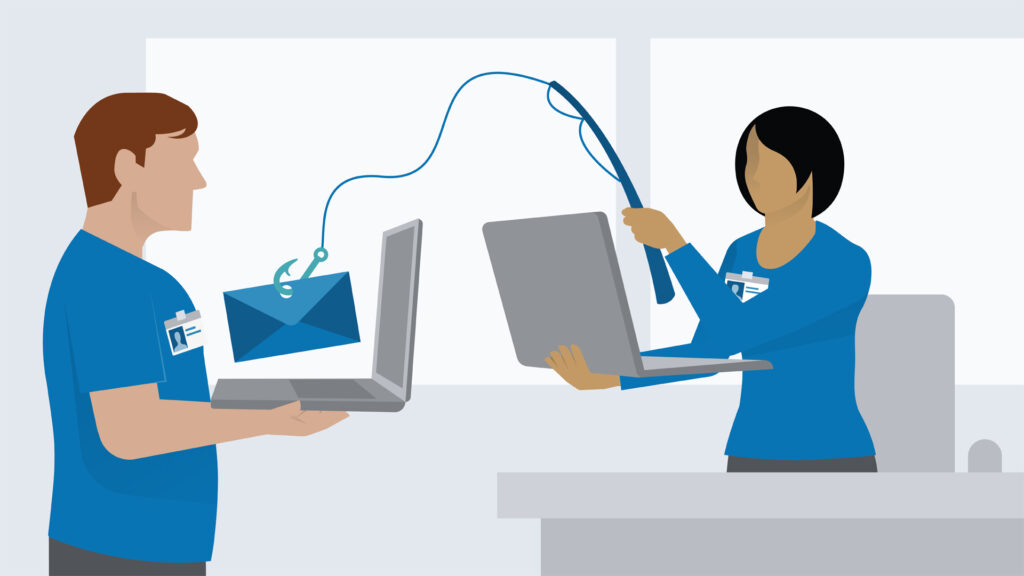Like every other person, we are all so addicted to our phones. The first thing people do when they wake up and the last thing before bed is to check their phones. Social media and the latest trends have hooked us to mobile or laptop screens. With mobile phones being such a big part of our lives, we must stay cautious in every possible way. A small act of staying cautious can go a long way in staying secure online.
Cybercriminals are all ears when it comes to getting personal information. Be it a social engineering attack or stealing your session details. Attackers can place malware in your device without you having a hint of it. With advanced attacking schemes, it is almost impossible for a layperson to understand what is wrong with his device.

Following are four that can help you secure your digital identity
- Clearing browser cookies regularly
Cookies and session details are saved in your browser to ease logins. The website also learns the client interaction pattern. Most people accept any cookie that pops up on the screen. Your cookie information includes your financial information, address, and IP. This is highly sensitive information for an attacker. Cybercriminals are looking for any moment to exploit this data. They can take over browser sessions to act as genuine users and steal cookies as they travel through networks and servers.
This can be done using an XSS attack, a popular method through which an attacker sniffs your session information. As a result, it is vital for online users to regularly check the Browser’s cookies and clean the Browser by removing cookies to better protect their information from falling into the hands of an attacker. Go to your Browser’s history, where you can clear all the data related to each browser session, including your cookies.
- Robust and Reliable Password Manager
Your passwords should be strong. A stronger password manager is a must in today’s life. When you clear your cookies, your saved logins are also removed. Using a password manager lowers the rate of exploitation and makes it easy for you to remember all different passwords. Password Manager uses complex encryption-based algorithms and other methods to ensure safe passwords. Using strategies like this, even if someone snips your passwords, they will be scribbled into them.
When keeping track of multiple, lengthy, and complex passwords becomes difficult, password managers come into action. They shorten the process by producing secure, random passwords for you and keeping them safe within the application, so you don’t have to. Eventually, a password manager would manage everything and protect you from online exploitation.
- Update the Browser’s privacy settings
Updating your Browser continuously will help you prevent attacks from external sources. You can improve browser security by updating to the latest browser version and blocking third-party cookies from accessing your Browser. Doing this will keep hackers from exploiting your apps and web applications. Any site that can sprout an attack is blocked using firewalls. Updating your Browser’s privacy settings and adding plug-ins and extensions will help keep you safe online.
Another option to improve your security is to use the internet in private mode to automatically block third-party cookies, making it an efficient and easy alternative to guarantee private browsing. Clients can also allow the do not track function of their browsers to stop third-party tracking their activity.
- End-to-End Encryption
Enabling end-to-end encryption on all your devices will be a significant step toward securing your digital presence. Network and Service providers can read and interpret their client’s data because it is decrypted on the network servers. However, that weakens the decrypted data to unauthorized third parties and hackers. End-to-end encryption averts these intrusions because no one can read the data from any possible end.
This encryption also prevents providers from directing unwanted advertisements to their clients based on the content of their messages and the exchange of information. Hackers have many different paths of attack at their side. End-to-end encryption makes these efforts unrelated because no matter how a hacker manages to access your encrypted information, they still can’t read it. After all, the hash is one way, and it is impossible to decrypt the protected data.
Conclusion
Security is an important domain in this digital world. We cannot expect an online presence and be exempted from attack. It’s better to be prepared for any attack than to be exposed to an attacker. For more security-related blogs, check our website. For more insightful blogs visit auxin.io






